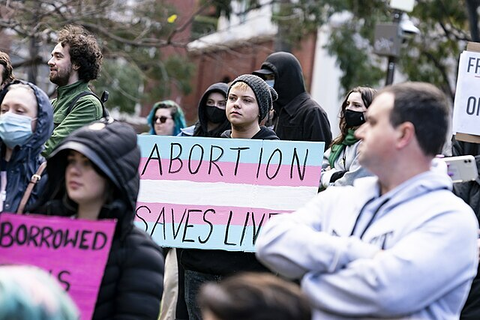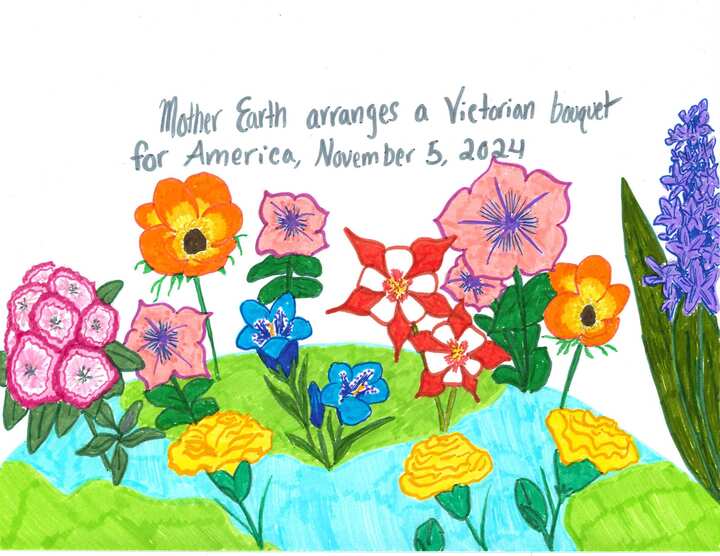Companies like Shein, Zara and H&M offer affordable and stylish clothing options, but have you ever stopped and thought about the environmental impact these clothes can have or whether these clothes have been made ethically?
Fast fashion is cheap and used to meet the needs of consumer demand. Clothes created through fast fashion are terrible for the environment, containing microplastics or dumped into landfills, according to the Princeton Student Climate Initiative. These clothes are often made with the labor of children and sweatshop workers, according to Earth.Org.
“Workers in these sweatshops often work in hazardous and unsanitary conditions, receive low wages, and may be subject to verbal or physical abuse,” according to the International Journal of Development Research.
Places like Shein, H&M and plenty more have gotten backlash for using sweatshops and forced labor in Asian countries as a cheap way to produce their products, according to CNBC.
Fast fashion has a huge environmental cost, as it produces microplastics and wastes water. Large amounts of water is used through the process of making and dyeing clothes, the leftover water from the dye is then dumped into rivers and streams, according to Earth.Org.
The production of fast fashion also releases 1.2 billion tons of carbon emissions every year, according to the Carbon Literacy Project.
Making clothes requires petroleum and a large amount of energy and then, in turn, produces harmful chemicals like hydrogen chloride.
Christine Mooney, a social entrepreneurship professor at NIU, explained why clothing companies might care less about ethical practices.
“Let’s talk about the big companies Zara, H&M, the ones who do a lot, which either a publicly traded or owned by publicly traded companies, you know, their fiduciary responsibility is to their shareholders to make as much money as they can,” Mooney said.
Fast fashion makes a lot of sense financially because it’s a way to produce clothes quickly and cheaply to keep up with ever-evolving fashion trends.
“It’s not meant to last that long, and that’s good for me as a business because then you’ll come back next year, right?” Mooney said. “And you’ll get more trends, right? So that’s from that standpoint, right? There’s a rationale for that.”
We have to fight back against the trend of fast fashion. Try going thrifting, support local shops, look for sustainable materials and, overall, do your research on certain brands and businesses before buying from them.





















